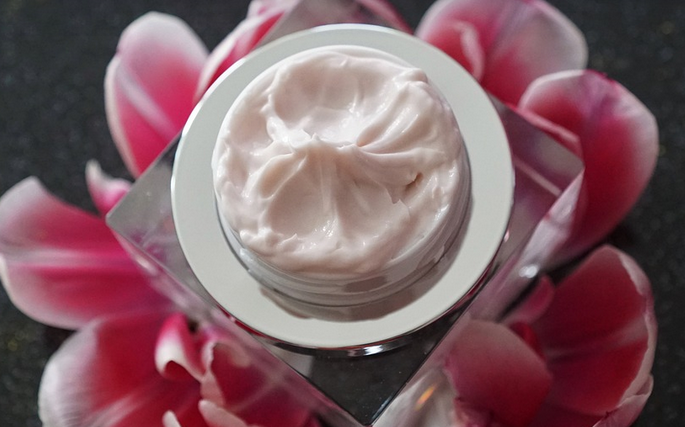Demystifying the Vagina and Vulva: A Deeper Look
The word “vulva” might sound complicated, but it’s essentially a straightforward term for the external genitalia of women. It covers the labia majora, the labia minora, the clitoris, and the vaginal opening. It encompasses all those parts that play a crucial role in our sexual experience and overall well-being.
While the vulva is often associated with sexuality, its significance goes far beyond just intimacy. These structures are vital for reproduction, menstrual cycles, and even everyday life. It’s not just about sex; it’s about understanding the full spectrum of a woman’s health and vitality.
The vulva is also a significant part of the female anatomy. The labia majora are the outer folds of skin that protect and cushion the inner parts of the vulva. The labia minora lie beneath them, further protecting the delicate inner linings of the vulva.
Imagine the vulva like a soft-bodied flower with intricate petals – sensitive yet strong. Its beauty lies in its complexity, and understanding it is key to appreciating how it works.
Understanding the vulva goes beyond just knowing its parts; it’s about recognizing the individual experiences of women. It means acknowledging that each woman’s vulva might be different. Some women have naturally larger labia majora, while others may experience a more sensitive clitoris. And that’s perfectly okay.
The vaginas and vulvas aren’t static entities; they change and adapt throughout life, especially during puberty, pregnancy, and menopause.
When discussing the vulva in medical contexts, using the correct term is important. “Vulva” avoids confusing terms like “vulva-area.” It’s a respectful way to refer to the external genital structures of women.
The Vulva: A Window into Women’s Health
The vulva plays a vital role in women’s health, serving as a gateway for menstruation and childbirth. It is also subject to changes due to hormonal fluctuations throughout our lives.
For instance, during menopause, vaginal dryness can occur, making sexual intercourse less enjoyable. Hormone therapy can be an effective solution, but it’s essential to consult with a doctor regarding the right type of hormone therapy.
The vulva’s health needs attention outside of its obvious biological functions. Understanding and maintaining it starts with self-care practices. Regular hygiene is crucial for keeping the vulva clean and healthy, while also promoting overall well-being.
It’s important to note that women’s bodies are diverse, and so their vulvas should be treated as such. Every woman’s experience is unique, and what works for one might not work for another.
It’s also worth noting that vaginal infections can occur, which require prompt medical attention.
Understanding the vulva extends beyond just its physical aspects; it involves embracing a holistic approach to women’s health. It recognizes the vulva as an integral part of our overall well-being and emphasizes the importance of self-care and addressing any discomfort or concerns.
Beyond Physical: Vulva/o in Mental Health & Wellbeing
The way we view our bodies, including our vulva, greatly influences mental health. It’s vital to embrace a positive body image, free from comparison and insecurities.
When faced with societal pressures and unrealistic beauty standards, it is crucial to remember that every woman’s body is unique and beautiful in its own way.
The vulva is not just about physicality; it’s also a reflection of our inner selves. It plays a role in self-expression and confidence, influencing how we interact with the world around us.
Open communication with loved ones or mental health professionals can help women to develop a healthy relationship with their bodies and seek support when needed.
Remember, taking care of your vulva is about more than just superficial hygiene; it’s about understanding its role in your overall sense of well-being.
Taking Care of Your Vulva: A Holistic Approach
Here are some practical tips for caring for your vulva and promoting optimal health:
**Hygiene:** Regular cleaning is crucial. Use unscented, mild soap and water to gently clean the vulva area daily (as recommended by a healthcare professional). Avoid harsh soaps or douches that might disrupt the natural balance of the vagina.
**Moisture:** Keeping the vulva area moisturized can be beneficial. Use organic-based lubricants for intercourse and other intimate activities. Avoid using scented lotions, powders, or creams as these may irritate the skin.
**Diet & Exercise:** A healthy diet and regular exercise play a significant role in overall physical well-being. These habits also support hormonal balance, which is essential for maintaining vulva health.
**Self-care:** Taking time for yourself is vital, especially when it comes to your body. Find enjoyable activities that promote relaxation and stress reduction. This could be anything from taking a warm bath, reading a book, or spending time in nature.
**Open communication:** Don’t hesitate to talk to your doctor or other healthcare professionals about any concerns you have regarding your vulva. It’s important to seek professional medical advice for any unusual symptoms.
**Mindfulness:** Connect with your body and its needs through mindfulness exercises or meditation. Focus on the sensations of your body, including the vulva area. This practice can foster emotional well-being as you learn about its intricacies.
**Seeking support:** Don’t be afraid to seek support from loved ones or mental health professionals if you need it. Sharing your experiences and feelings with others can help build a healthier relationship with your body.
The Vulva: A Symbol of Strength and Empowerment
Understanding the vulva is not just about knowing its parts; it’s about recognizing it as an embodiment of strength, resilience, and empowerment. It shows that women are capable of navigating life’s complexities with grace and dignity.
The vulva stands as a powerful symbol of female autonomy and self-expression. It allows women to explore their sexuality, embrace their bodies, and live authentically.
By understanding the vulva and its significance in women’s lives, we can work towards a future where women are empowered and celebrated for their unique experiences.
